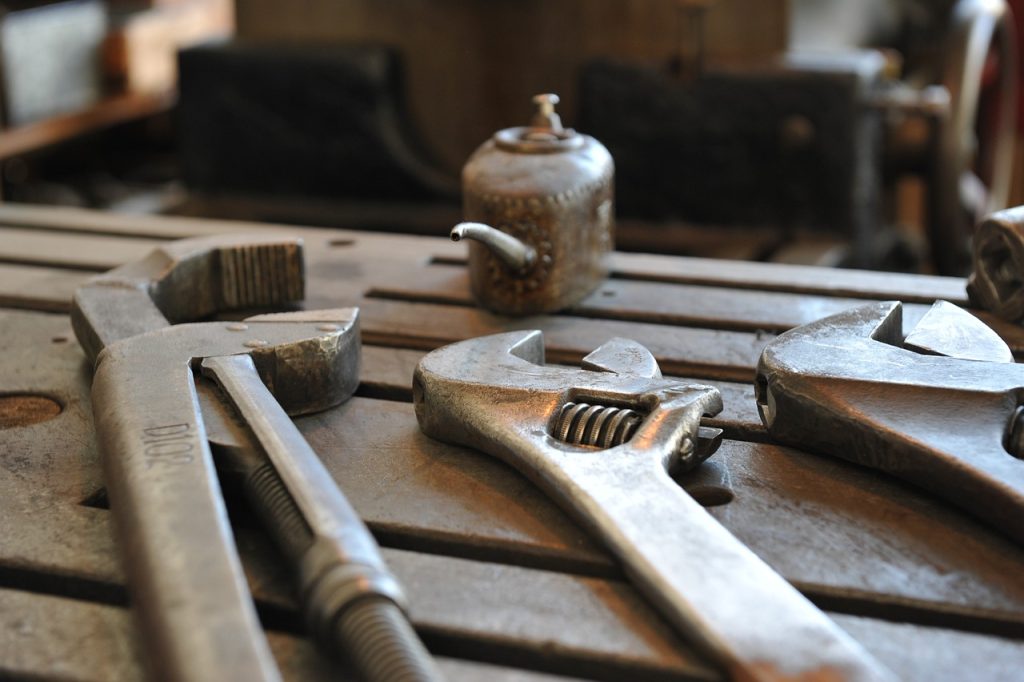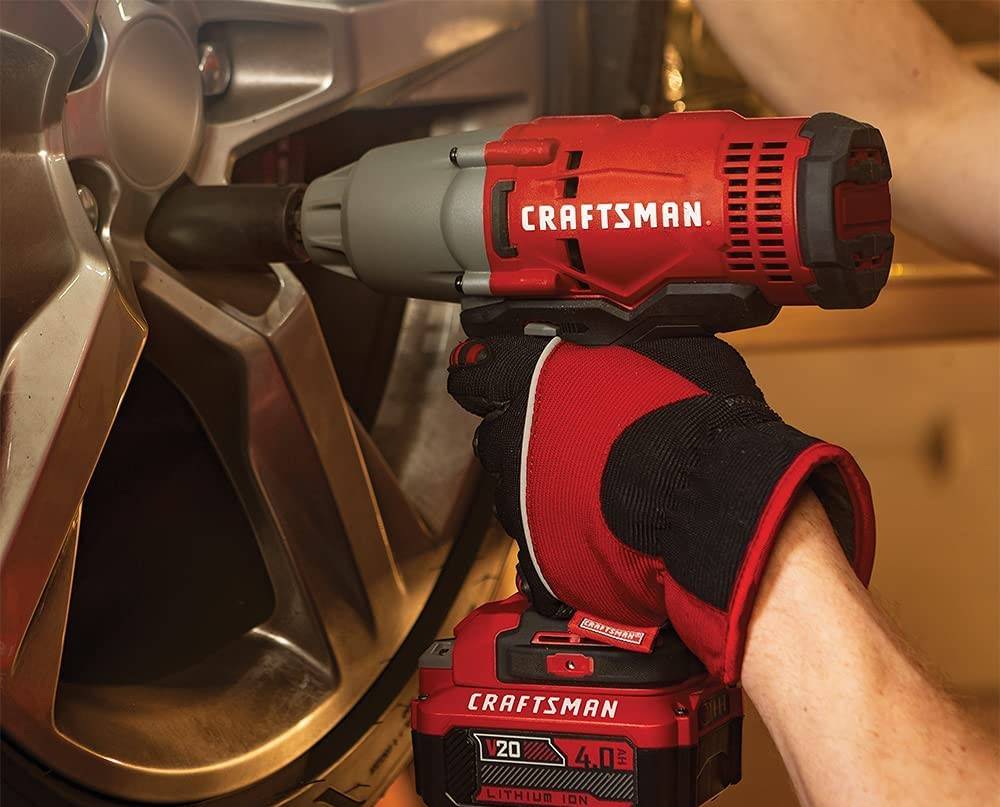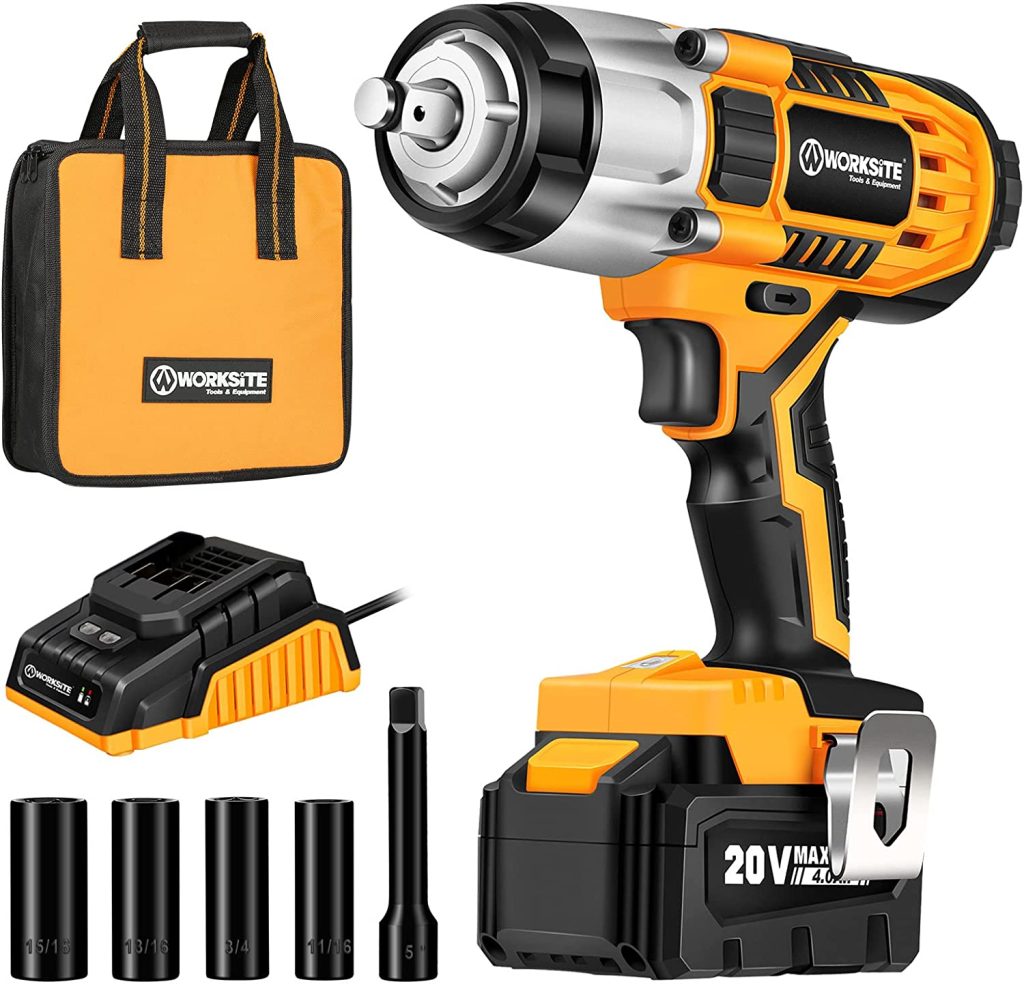When working on your vehicle, having the right tools is essential. Wrenches are among the most versatile and frequently used tools in automotive repair. With a wide variety of wrench types available, it can be overwhelming to choose the best ones for your needs. In this comprehensive guide, we’ll explore the different types of wrenches and their ideal applications, helping you make informed decisions for your automotive projects.
Understanding Wrench Types
Before diving into specific recommendations, let’s familiarize ourselves with the most common wrench types:
Socket Wrenches:
Advantages: Offer excellent torque and precision.
Ideal for: Tightening and loosening bolts and nuts in confined spaces.
Types:
Standard socket wrench sets: Contain a variety of socket sizes for different applications.
Ratchet socket wrenches: Provide a quick and efficient way to tighten or loosen fasteners.
Impact socket wrenches: Designed for high-torque applications, such as breaking loose rusted or seized bolts.
Adjustable Wrenches:
Advantages: Versatile and adaptable to various bolt and nut sizes.
Ideal for: General-purpose tasks and occasional use.
Types:
Open-end adjustable wrenches: Have two open ends that can be adjusted to fit different sizes.
Box-end adjustable wrenches: Have a closed end on one side and an open end on the other.
Combination Wrenches:
Advantages: Combine the features of open-end and box-end wrenches.
Ideal for: Versatile tasks requiring both open-end and box-end wrench functionality.
Torque Wrenches:
Advantages: Precisely measure and control the amount of torque applied to fasteners.
Ideal for: Applications where precise torque values are critical, such as wheel nuts or engine bolts.
Allen Wrenches (Hex Keys):
Advantages: Small, portable, and easy to use.
Ideal for: Tightening and loosening hexagonal-shaped bolts and screws.
Choosing the Right Wrenches for Automotive Use
When selecting wrenches for your automotive toolbox, consider the following factors:
Frequency of Use: If you’re a frequent DIYer or mechanic, invest in a comprehensive set of wrenches. For occasional tasks, a smaller, more basic set may suffice.
Vehicle Type: Different vehicles may require specific wrench sizes and types. Consult your vehicle’s service manual for recommendations.
Task Complexity: For complex repairs, a wider range of wrench types and sizes may be necessary.
Budget: Wrenches come in various price ranges. Determine your budget and prioritize the most essential tools.
Essential Wrenches for Automotive Repair
Here are some essential wrench types for most automotive tasks:
Socket wrench set: A comprehensive set with a variety of socket sizes.
Adjustable wrench: A versatile tool for general-purpose tasks.
Combination wrench: A handy tool for both open-end and box-end applications.
Torque wrench: For critical applications requiring precise torque values.
Allen wrench set: For tightening and loosening hexagonal-shaped bolts and screws.
Additional Considerations
Quality: Invest in high-quality wrenches made from durable materials to ensure long-lasting performance.
Ergonomics: Comfortable handles and well-balanced designs can reduce fatigue during extended use.
Storage: Consider a wrench organizer or tool box to keep your tools organized and easily accessible.
By understanding the different types of wrenches and their applications, you can equip yourself with the right tools for your automotive projects. Remember to prioritize quality, ergonomics, and storage to enhance your efficiency and satisfaction.



